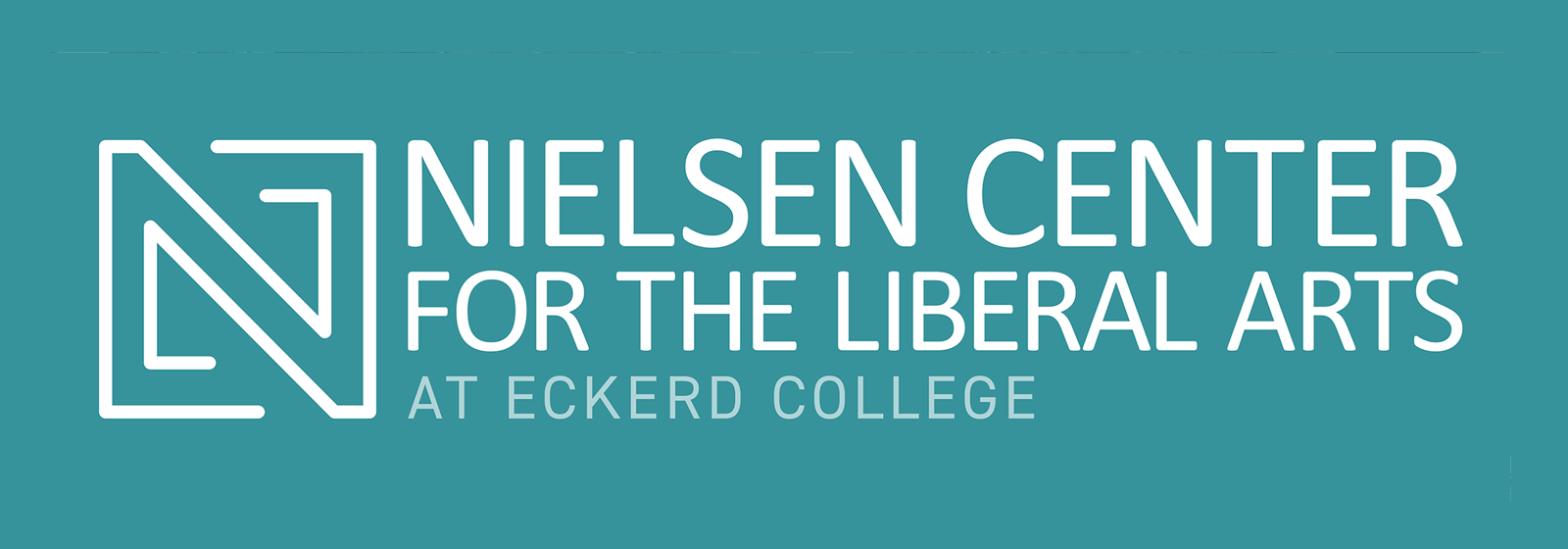
The Nielsen Center for the Liberal Arts will focus on faculty development and building a learning community across disciplines.
Helmar Nielsen believes so deeply in liberal arts colleges that he’s investing $15 million to keep these distinctively American learning communities vibrant. The newly founded Nielsen Center for the Liberal Arts at Eckerd College (NCLA) will attract to Florida early-career liberal arts college faculty from across the country to gather in St. Petersburg for an all-expenses-paid opportunity to get to know themselves better as educators in order to improve their teaching.
“The definition of ‘college’ is not research. It really has to do with the relationship of the faculty to each other, so I looked at the opportunity from a business point of view and saw an opening to do something meaningful,” said Nielsen, a retired executive, gallerist, art collector and 27-year Eckerd College trustee. “The gap is that you get your Ph.D. through a research university … and all of a sudden you find yourself in front of a room of undergraduate students. There’s a real adjustment there between what faculty had to do to get qualified and what they’re expected to do their first years to earn a living.”
Together with Thomas Pearson, Ph.D., the inaugural director of the Nielsen Center, and Davina C. Lopez, Ph.D., a professor of religious studies at Eckerd College, Nielsen affirmed the concept of the NCLA, a retreat-style workshop fellowship program to encourage vocational exploration for early-career faculty at small liberal arts colleges across the United States. Deans and provosts are able to nominate their instructors, or interested faculty in their first few years of full-time teaching can directly apply, to join sustained, cross-disciplinary, small group professional development encounters over the course of a one-year fellowship period. Selected fellows will travel to St. Petersburg and lodge three times (at no cost to them or their home institution), receive a stipend and become eligible for a small teaching grant to continue innovations on their home campuses.
The idea of advancing liberal arts education through an investment in teaching and learning was thrilling to Eckerd leadership.
“Eckerd College faculty are creative, innovative and passionate about teaching and mentoring,” said President Damián J. Fernández, Ph.D. “We are grateful to Helmar, whose vision to support the art of teaching in the liberal arts by connecting faculty aligns with the great tradition of excellence at Eckerd. We are humbled to provide a forum that extends our strength in liberal arts to faculty at other outstanding institutions.”
Pearson says the benefits for participating faculty are threefold: workshops designed to develop innovative liberal arts teaching strategies, vocational reflection to strengthen appreciation of liberal arts education, and accessing a network of fellow educators in the pursuit of enhancing student learning.
“The workshop is a remarkable opportunity for early-career faculty to form a sustained, supportive faculty learning community—beyond the networks of their academic discipline and the pressures of their teaching contexts,” Pearson explains. “The intimate and intense hands-on workshop process helps early-career faculty align their disciplinary knowledge with their classroom teaching practices and the broader ideals and goals of a liberal arts education, in their specific teaching location.”
Applications for the first Nielsen Center faculty learning community are due November 1, 2021. The inaugural workshop will begin in January 2022.
“What’s really different is what’s going to go on in a group of eight or 10 faculty members … based on the premise that the better professors know themselves, the better teachers they are going to be,” Nielsen explains. “It tests C.G. Jung’s theory that real change occurs person-by-person, and that whoever said ‘You cannot give what you do not have’ was essentially talking about helping students understand themselves by picking up cues from teachers who are engaged in their own process of self-understanding. I do not think that is entirely sure, but a lot of change occurs because one person is trained in a certain way. That is precious to keep and nourish.”












